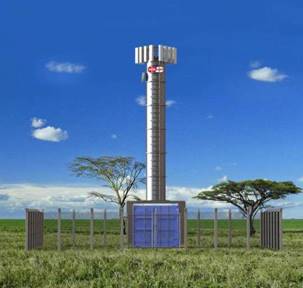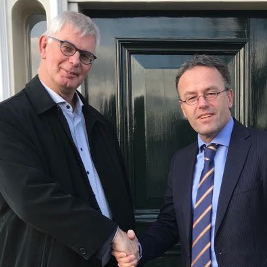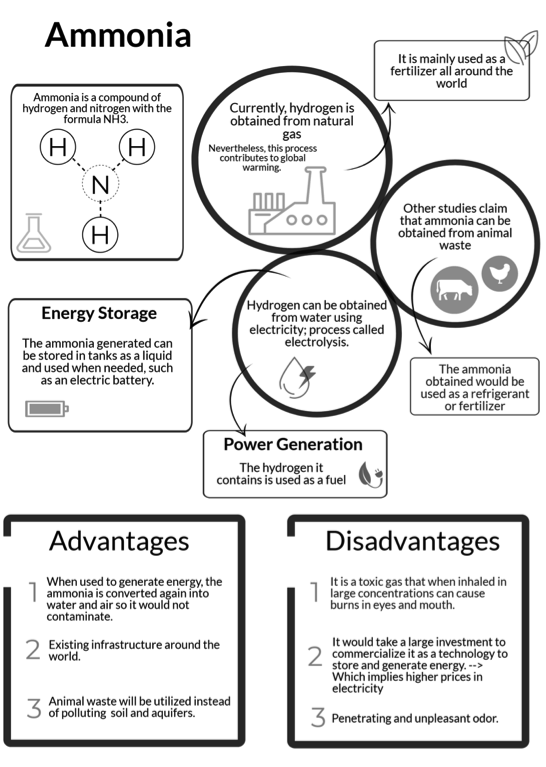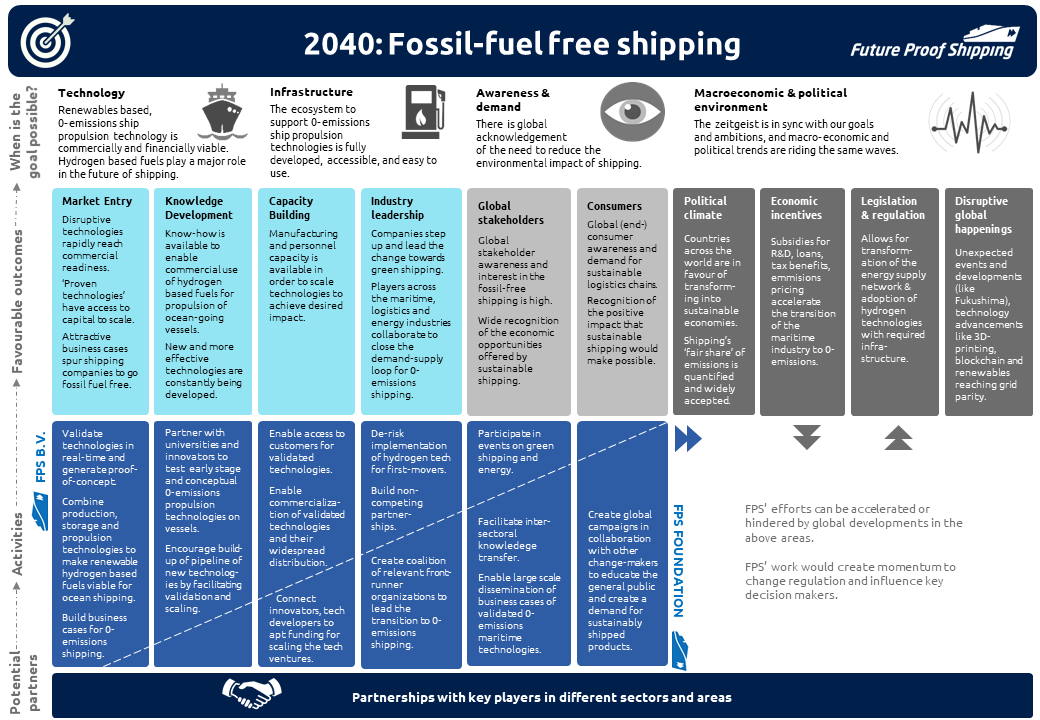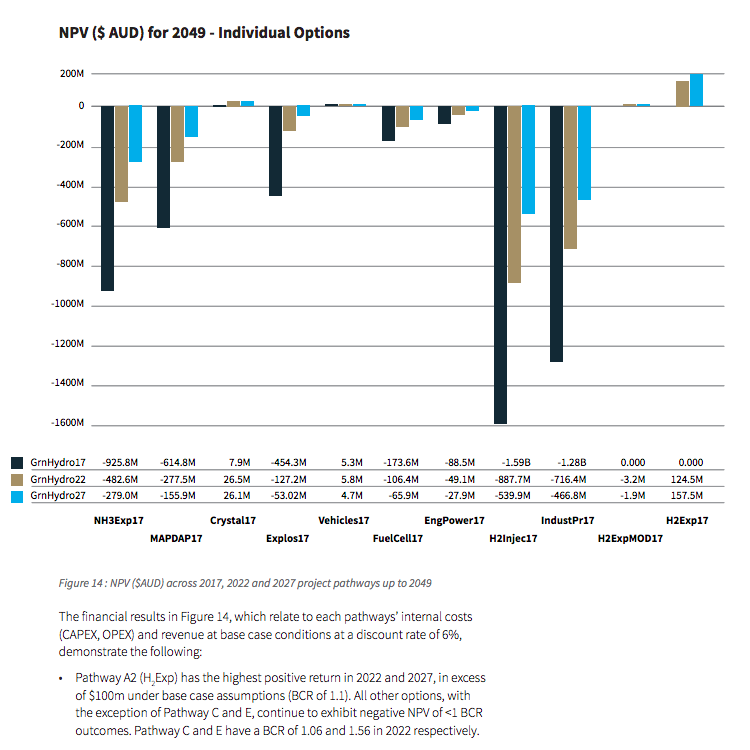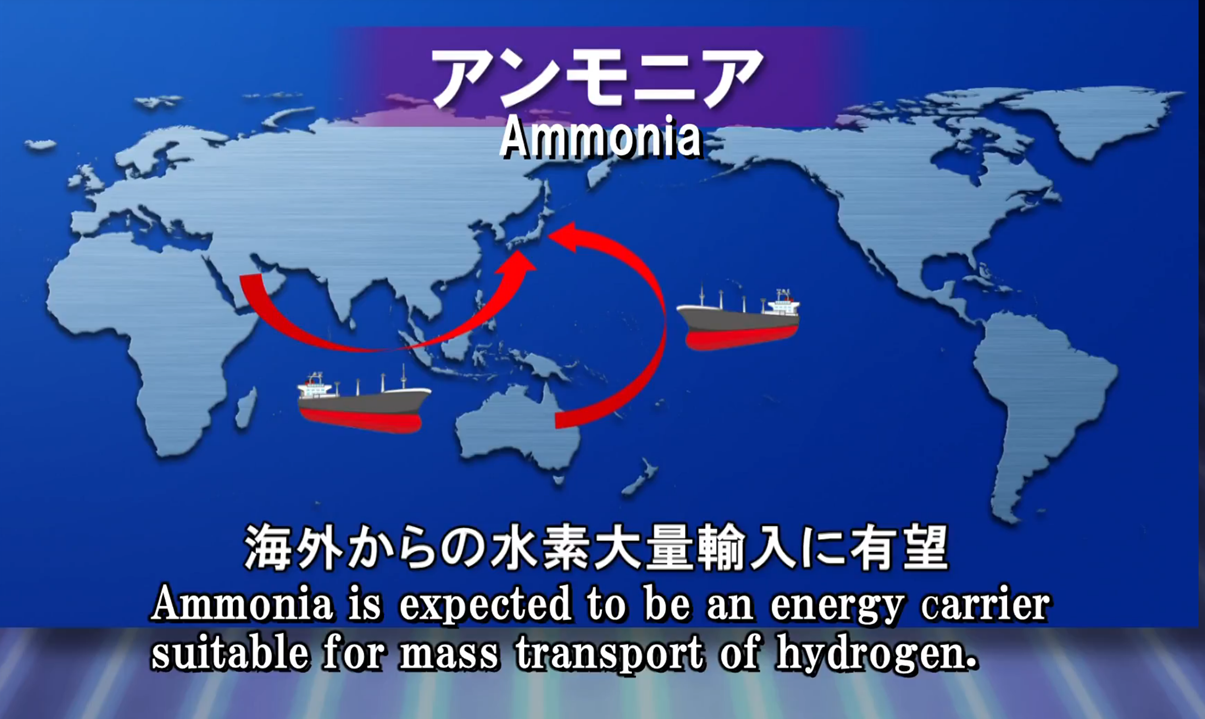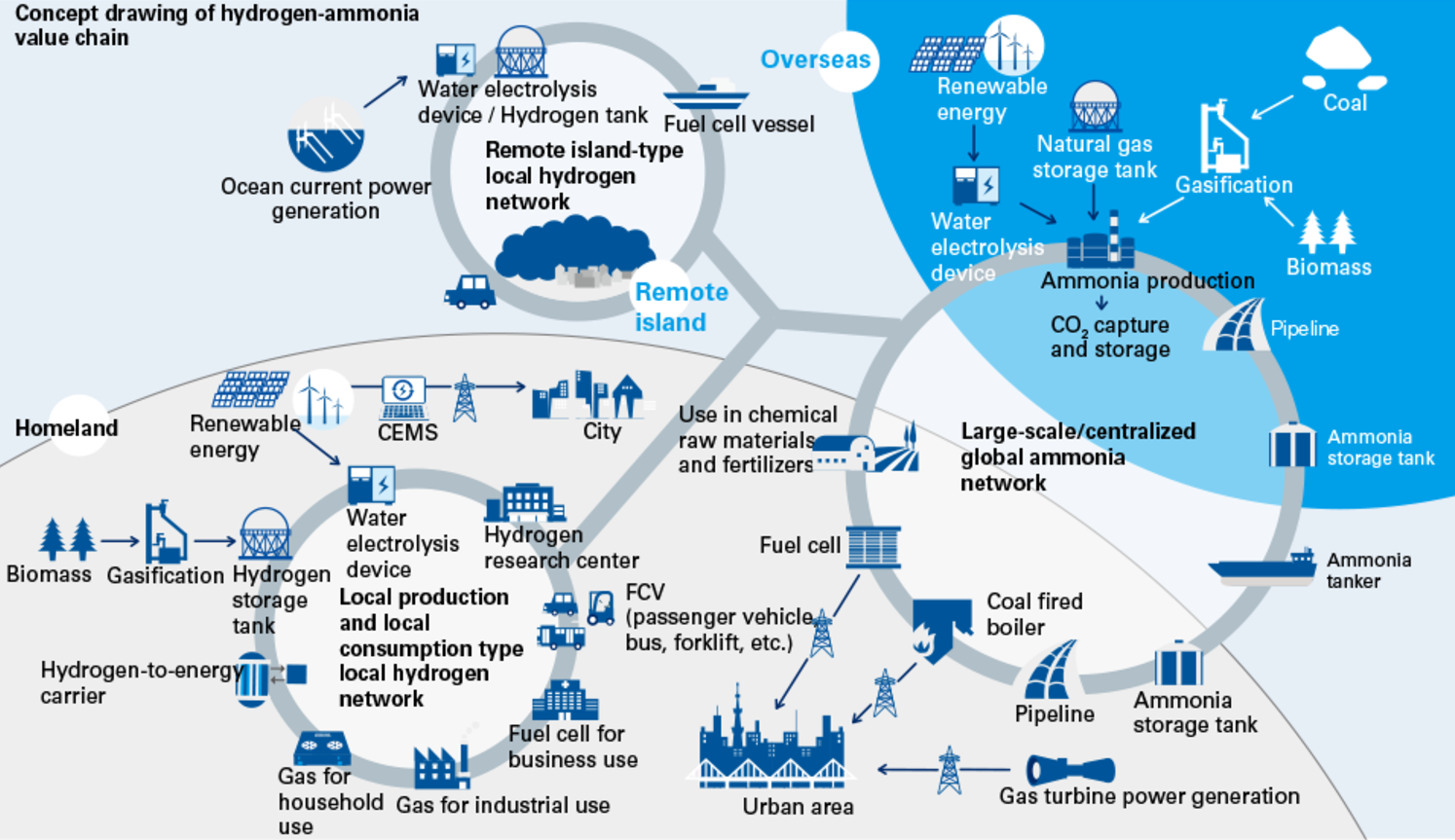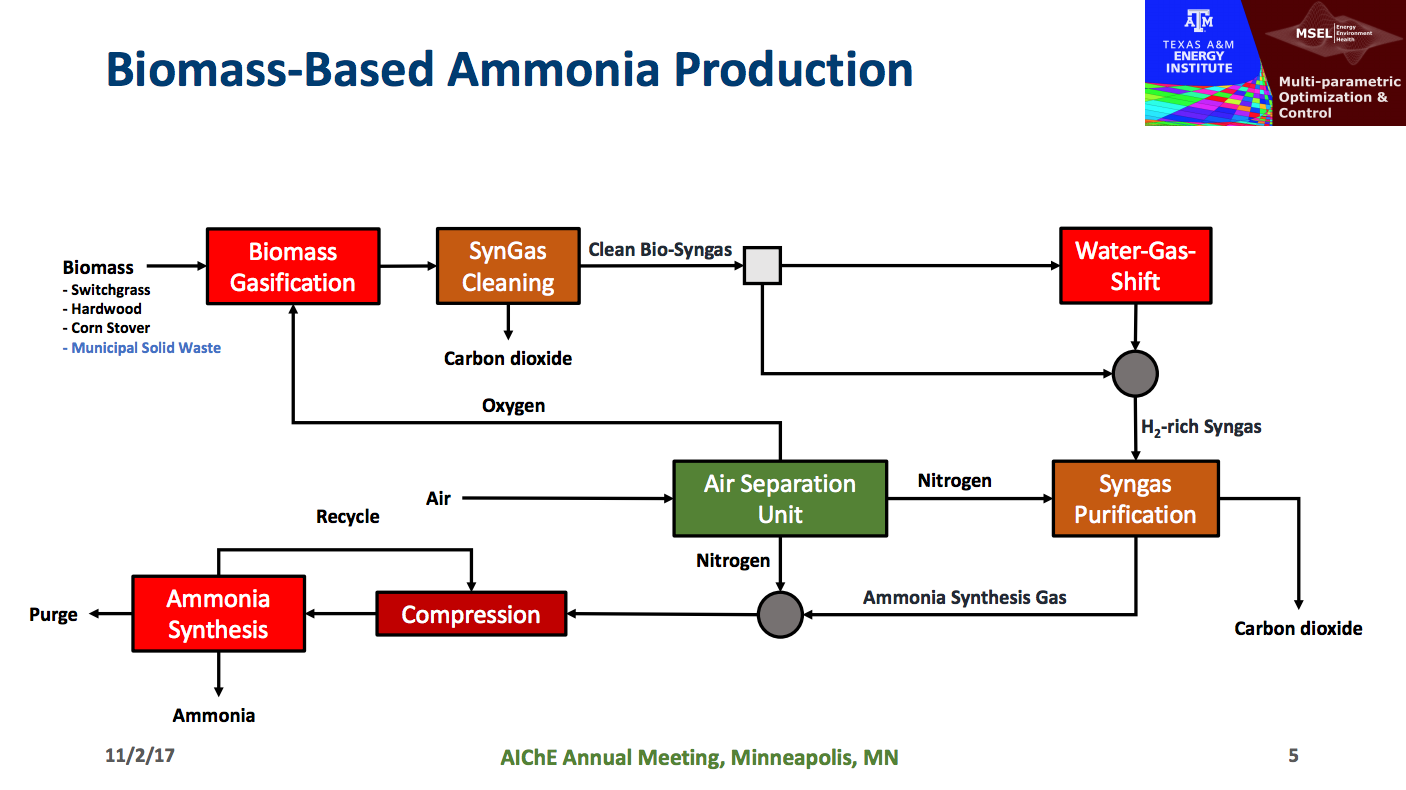Ammonia Flash Cracking and Energy Development in Southern Africa
New ammonia production capacity is being built in southern Africa. The outputs will support agricultural development in the region – but could also support development of ammonia as a universal energy commodity. A British start-up company is currently at work to develop a beachhead use case for ammonia energy.
